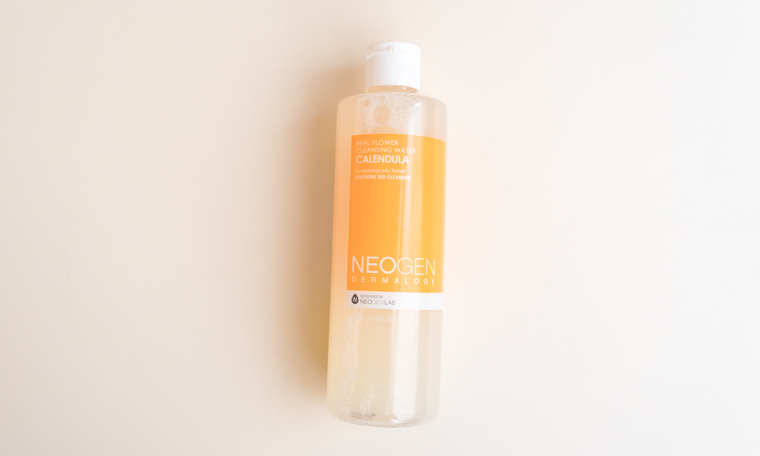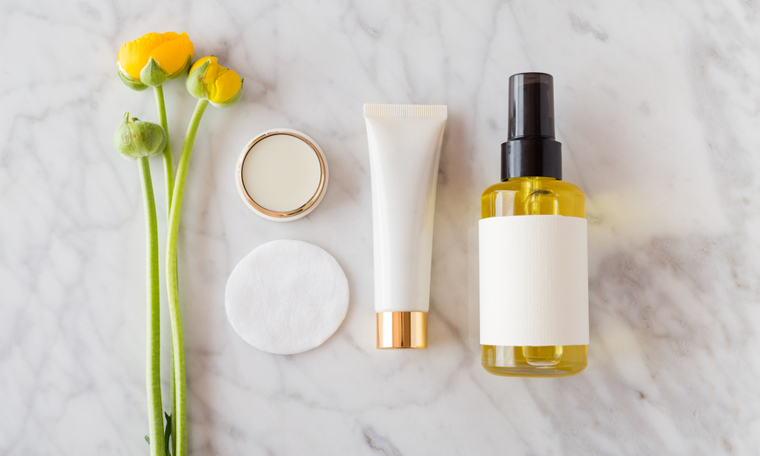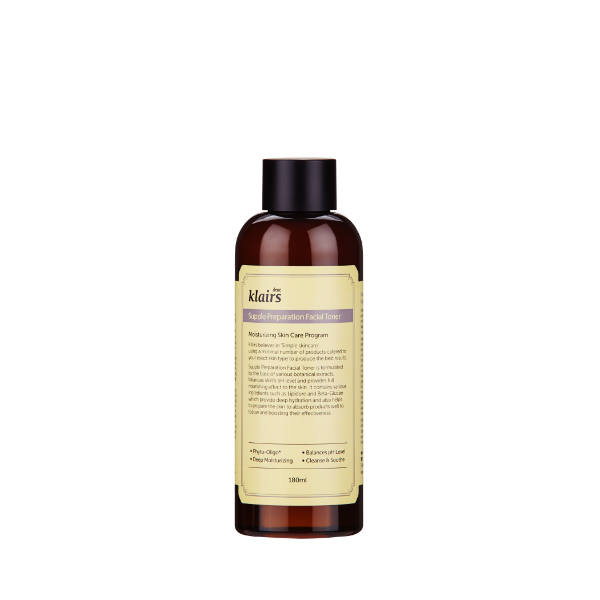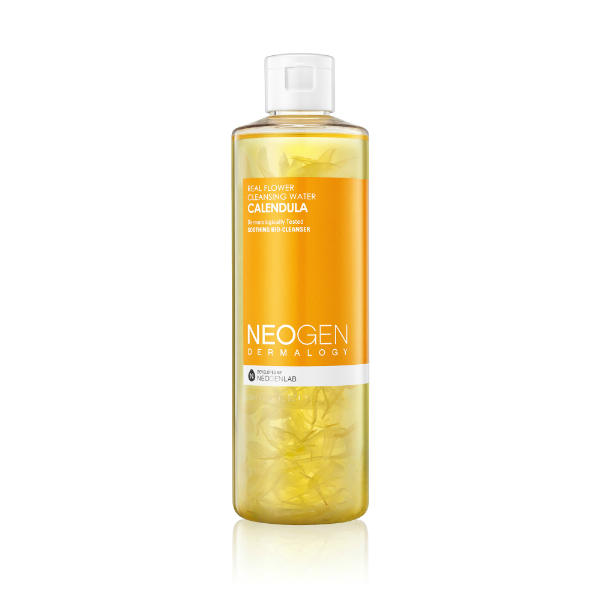Should you be scared of alcohol in skin care products? We break everything you should know here.
It’s hard not to feel lucky as a skin care lover in the internet age. There’s so much information out there, so much more access to amazing products from all over the globe, so many eager beauty fans sharing their experiences.
Of course, there are some downsides too. Misinformation can get spread just as readily and the helpful stuff, and trends can balloon or burst overnight. If you’ve swam around in the internet beauty sphere much, you’ve no doubt heard about all of the chicest, greenest, most perfect-skinned bloggers shunning alcohol from their beauty regimen, but maybe not as much information about what alcohol actually does to your skin.
Simple alcohols
The first thing you have to understand about alcohol in skin care products is that not all alcohols are created equal. When you see people railing against alcohol in products, what they’re generally talking about are simple alcohols: things that will show up on your average ingredient list as SD alcohol, denatured alcohol (aka alcohol denat), or isopropyl alcohol. If that last one sounds familiar, it’s probably because you’ve got a bottle of it stashed in your medicine cabinet right now. Just like the first aid kit staple, these cut through grease and dry super-quickly, which is why they’ve classically appeared in products like old-school toners (remember that so-clean-your-skin-feels-tight feeling of your high school toner? Yeah, that’s alcohol.)
Simple alcohols are great at sweeping away oil, which may sound particularly appealing if your skin is naturally oily or acne prone. But your skin relies on its homegrown moisturizer (oil) to help it maintain its natural barrier against pollution, bacteria, and all of the other bad things you don’t want getting inside of your body, so stripping down all of that sebum also means leaving your skin exposed.
And that exposure? Not only does it leave you open to bacteria (like the kind that cause acne, as well as other types of rashes and infections) but there is also evidence that it may leave your skin open to oxidative damage that contributes to aging. On top of all of that, the sudden removal of all of those helpful oils can send your skin into overdrive trying to replace what it needs, which means that while you may stay matte for a few hours, in the long run alcohol-based products can actually make your skin oilier!
What if your products contain alcohol?
But what if your go-to cleanser or toner contains alcohol? While you should avoid simple alcohols that rank super high on the ingredient list of products (the top five ingredients in the list), in small amounts they can help create a smooth matte finish that can absorb skin-loving ingredients better. So no need to fret if your favorite products have some alcohol in them.
Also keep in mind, there are other alcohols that appear on skin care labels too, and these are much less skin-scary. Things like cetyl alcohol, stearyl alcohol, and lauryl alcohol are derived from fats (typically synthetic ones, but some also come from natural sources like coconut oil) which are processed to develop a waxy texture. They’re typically used as emulsifiers and stabilizers in products and contribute more to texture and moisturization than anything else, but they’re also not harmful and can be particularly good fits for dry skin types.

Alcohol-free products:
For those looking to skip out on the alcohol altogether, and the good news for those who just can’t feel clean without a toner is that Korean beauty brands stepped up to the alcohol-free plate a long time ago. We’re particular fans of the Klairs Supple Preparation Facial Toner which clears away dirt and oil without abrasive alcohol and coddles skin with extra amino acids and the Neogen Real Flower Cleansing Water Calendula which helps calm inflamed skin with soothing calendula and chamomile.




